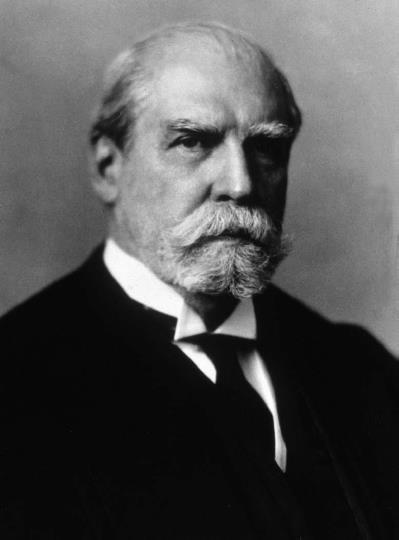After resigning from the Court as an associate justice in 1916 and failing to capture the presidency, Hughes returned to work as a corporate lawyer on Wall Street. Some members of Congress, such as U.S. senator George W. Norris of Nebraska, believed that Hughes was too tied to powerful financial and political friends to serve as an impartial chief justice. Others, such as U.S. senator Carter Glass of Virginia, criticized Hughes for leaving the Court as an associate justice to pursue the presidency. Glass said: “I believe this whole country felt a shock, as it was grievously distressed, when Mr. Justice Hughes resigned his place on the Supreme Court bench to be a candidate for President.” Despite the opposition, the Senate confirmed Hughes by a vote of 52–26.

U.S. Supreme Court justice Charles Evans Hughes. Hulton Archive/Getty Images.

